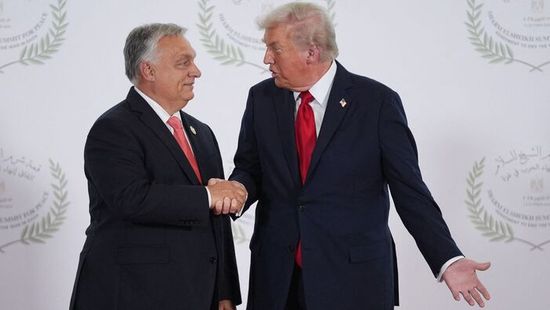„It seems we speak in different languages. On the one hand, the Turkish leaders pretend that they always respect the principle of pacta sunt servanda (agreements must be kept), but on the other hand, they refrain from ratifying and implementing the agreements signed by themselves in Zurich. What does that mean? They claim they have no preconditions, that they simply demand that we fulfill this or that before they can proceed with the ratification. Does this mean they have no preconditions?
Turkey has attempted to link the Armenian-Turkish normalization process to the settlement of the Nagorno-Karabakh conflict. They say that they do not want to act as mediators in the Nagorno-Karabakh peace talks, but just negotiate between Armenians and Azerbaijanis to find a solution. Any Turkish attempts to interfere in the Karabakh process or to link the normalization of its relations with Armenia upon its own perception of progress in the Nagorno-Karabakh talks, harms both processes. This is a position that all major players involved in Armenia-Turkey normalization and Nagorno-Karabakh peace talks, the whole international community have emphasized several times. The international community speaks one language and the Turkish side speaks another one.
Turkey pretends that all problems in the region must have a »comprehensive solution« once and for all. This is a beautiful phrase, but how realistic is it? It is a mere rhetoric, all words and no performance. Hypocritically Turkey also uses the normalization process as a smokescreen for baseless argument that the adoption of resolutions on the Armenian Genocide in various countries can damage the normalization process. Yet, from the beginning of the process we made clear both in our contacts with the Turkish partners as well as publicly that Armenia will never put under question the fact of the Armenian Genocide or the importance of its international recognition.”










